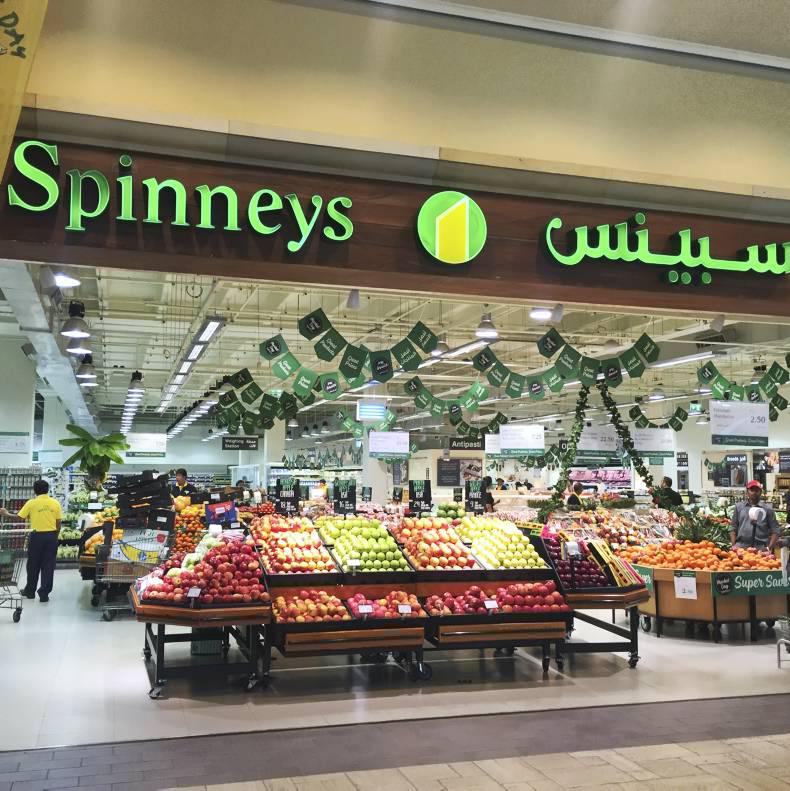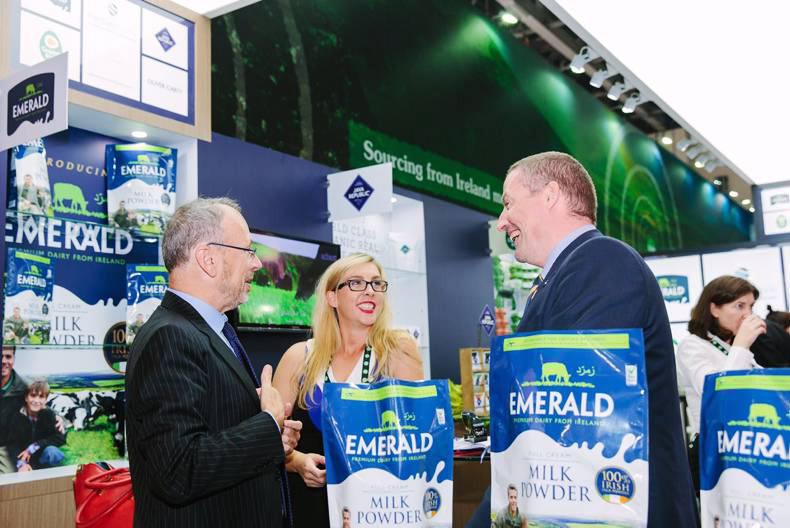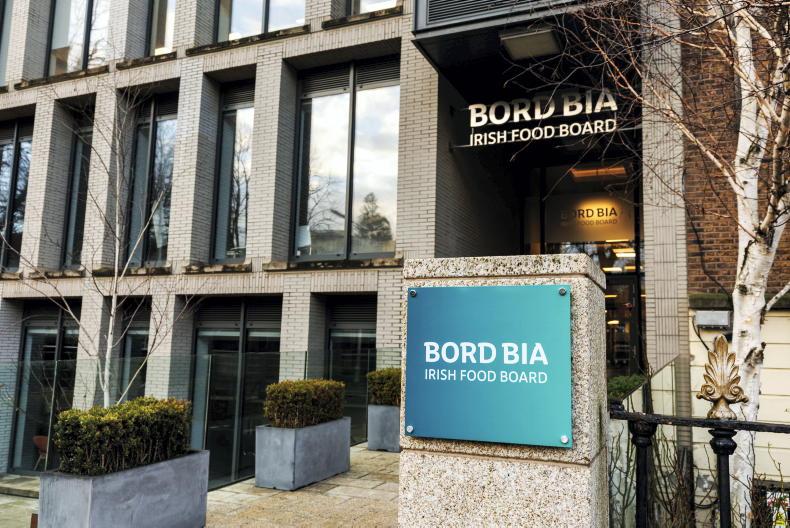For most people, the United Arab Emirates (UAE) means just one place: Dubai, its luxury shopping, palm-shaped islands and the tallest building in the world. But beyond the glitter awaits a market of six more emirates, each with huge potential for Irish food exports.
While oil-rich Abu Dahbi is the capital, Dubai truly is the trading city of the Middle East. Afterall the UAE only has a population of about nine million people, but the wider Middle East region offers much more potential.
The UAE is unique. Ferraris in Dubai are as common as Fiats in Ireland.
Not only is there no income tax, it must import between 80-90% of its food, and about 90% of its population are expats. Of these, about half come from India, Pakistan and the Philippines.
While economic growth has slowed over the past 12 months due to the oil crisis, it is still projected to grow about 3% in 2016. Meanwhile, the UAE is aiming to reduce its dependence on oil from 30% of GDP currently to 20% by 2021.
So why is this an important region for Irish food producers? In simple terms, it is a premium market, with huge growth. This is where the value is added.
Last year, Irish food and drink exports to the Middle East were valued at €385m, up by 40% since 2012, with the Gulf States (Qatar, Saudi Arabia, UAE, Oman, Kuwait and Bahrain) accounting for 70%, or €280m, of total exports.
Bord Bia has been present in the region since 2010, where their marketing fellowship graduates worked on behalf of Irish food companies to develop new business.
Four years later, seeing the huge opportunity and growth in the region, Bord Bia opened a full-time office in Dubai.
The population of the Middle East region currently stands at 43m people, which is 50% more than 10 years ago. There will be 7m more in five years’ time.
While dairy and dairy ingredients represent the vast majority of Ireland’s food exports to the Middle East today, in the past before the BSE crisis, Irish beef was the market leader, according to Bord Bia’s Middle East manager.
He says that retail outlets, like Spinneys are the primary focus at present but food service, particularly in five-star hotels, is showing promise.
Two meat companies in particular are making strong inroads. John Stone, which is a joint venture with Kepak, supplies the world’s only seven-star hotel with the highest-quality dry aged beef.
Meanwhile, Oliver Carty, based in Athlone, is selling a bee bacon along with stuffings and flavourings for meat counters in supermarkets across the UAE.
Ornua is marketing a range of Kerrygold cheeses and butters across the region. Glanbia has launched its Wexford Cheddar brand into the region and Pan Euro Foods, a large distributor of Irish food in the region, has launched a milk powder under the Emerald brand.










SHARING OPTIONS